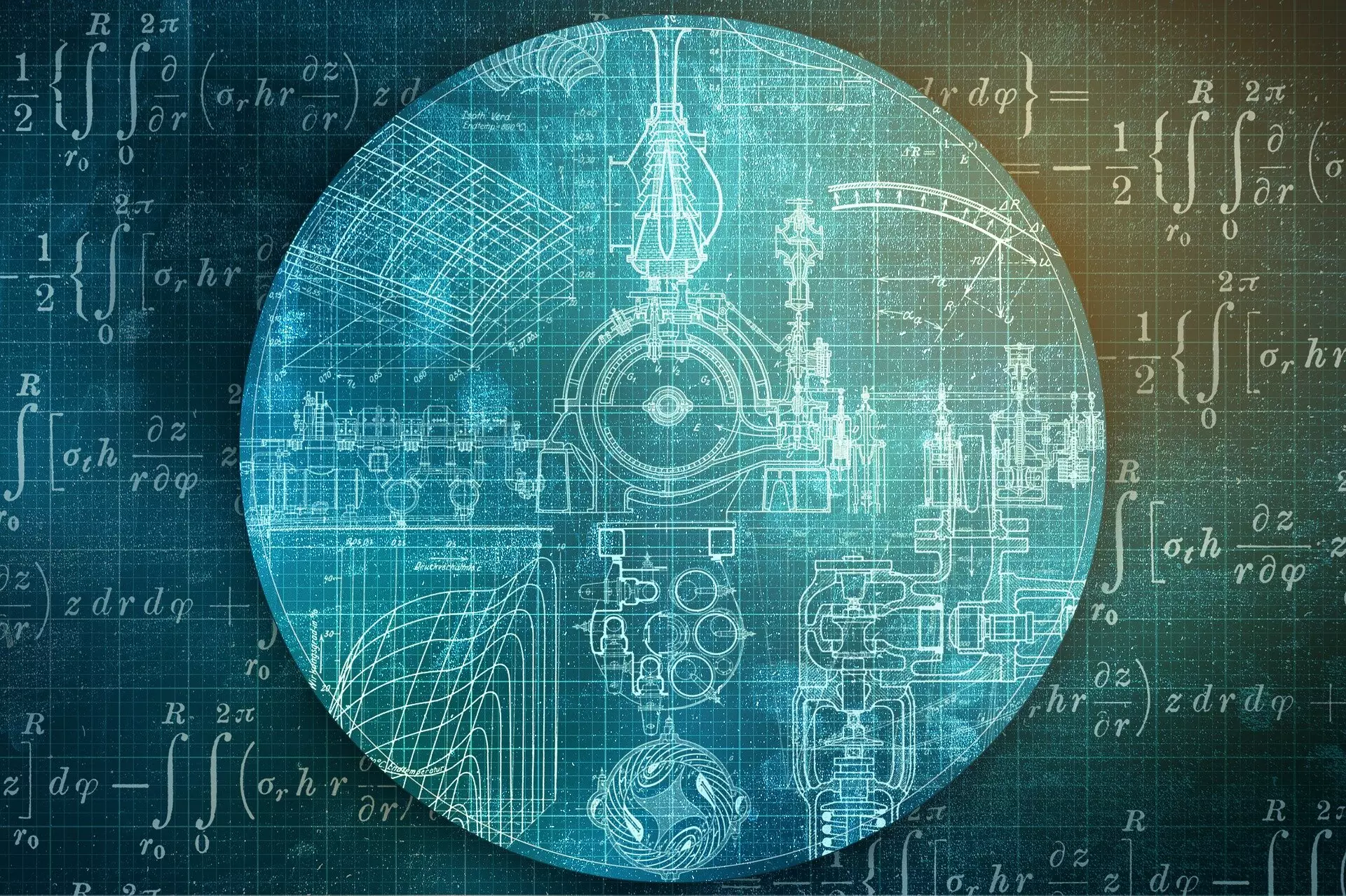The world of artificial intelligence (AI) has been rapidly evolving, especially in the realm of generative models. These models, which use machine-learning algorithms to generate new data sets based on existing patterns, have shown significant promise in various applications. However, one glaring issue that has come to light is the lack of a solid theoretical foundation when it comes to understanding the capabilities and limitations of generative models.
Efficiency of Neural Network-Based Generative Models
A recent study led by scientists at EPFL has delved into the efficiency of modern neural network-based generative models. These models, including flow-based, diffusion-based, and generative autoregressive neural networks, have been analyzed in terms of their ability to sample from known probability distributions.
The study compared these contemporary methods with traditional sampling techniques, such as Monte Carlo Markov Chains and Langevin Dynamics. By mapping the sampling process of neural network methods to a Bayes optimal denoising problem, the researchers were able to analyze how each model generates data by likening it to the process of removing noise from information.
One of the key findings of the study was that diffusion-based models may encounter challenges in sampling due to a first-order phase transition in the denoising path of the algorithm. This can lead to sudden changes in how the models remove noise from the data, resulting in potential issues in generating accurate new data instances.
Despite the challenges faced by some modern generative models, the research also highlighted scenarios where neural network-based models exhibit superior efficiency. By offering a nuanced understanding of the capabilities and limitations of both traditional and contemporary sampling methods, the study provides a balanced perspective on the strengths and weaknesses of generative models in AI.
Overall, the research serves as a guide to developing more robust and efficient generative models in AI. By establishing a clearer theoretical foundation, the study can help drive the development of next-generation neural networks capable of handling complex data generation tasks with unprecedented efficiency and accuracy.


Leave a Reply